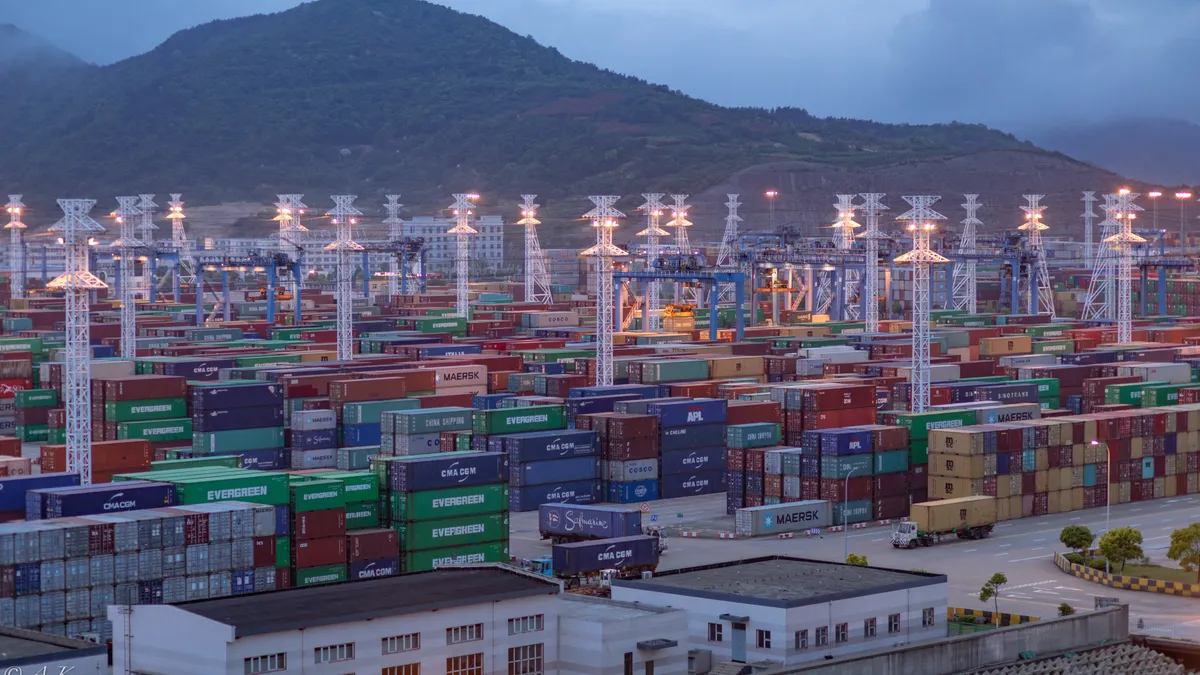Dive Brief:
- The Office of the U.S. Trade Representative (USTR) has released a proposed list of Chinese imports to face tariffs up to 25%. The 136-page list of products represents $300 billion in value.
- The list includes a wide range of products affecting nearly every industry. Excluded from the list are pharmaceuticals, some medical goods and rare earth minerals. "Product exclusions granted by the Trade Representative on prior tranches from this investigation will not be affected," according to the document.
- USTR will seek public comments on the product list and will hold a public hearing on June 17. Comments can be submitted up to seven days after the hearing. As a result, the earliest date the tariffs can take effect is June 24.
Dive Insight:
The release of this list from USTR formally begins the process for implementing tariffs on nearly every remaining untaxed good imported from China.
The list includes raw materials and finished goods across dozens of industries, touching nearly every U.S. business — and in turn, every consumer —in some way. The products could face duties up to 25%, according to the document.
Matthew Shay, president and CEO of the National Retail Federation, called the proposed fourth round of tariffs "far too great a gamble for the U.S. economy." An estimate from the Trade Partnership found GDP could fall by 1% with 25% tariffs on $300 billion worth of Chinese imports and retaliatory tariffs from China in place.
Despite USTR initiating the process for the fourth tranche of tariffs, Donald Trump appeared to waffle on the implementation of the tariffs.
"We have another $325 billion that we can do, if we decided to do it," he said Monday, as cited in The Wall Street Journal, but added "I have not made that decision yet."
Over the past several days, Trump has taken to Twitter to advise businesses to shift their supply chains to avoid tariffs. "Make your product at home in the USA and there is no Tariff. You can also buy from a non-Tariffed country instead of China," he tweeted Tuesday morning.
Shifting sourcing to another country is seldom a change a business can make in a matter of weeks. Products manufactured in the U.S. are not automatically exempted from tariffs, as they likely include parts sourced globally. In addition, products manufactured in the U.S. and exported to China face retaliatory tariffs.














